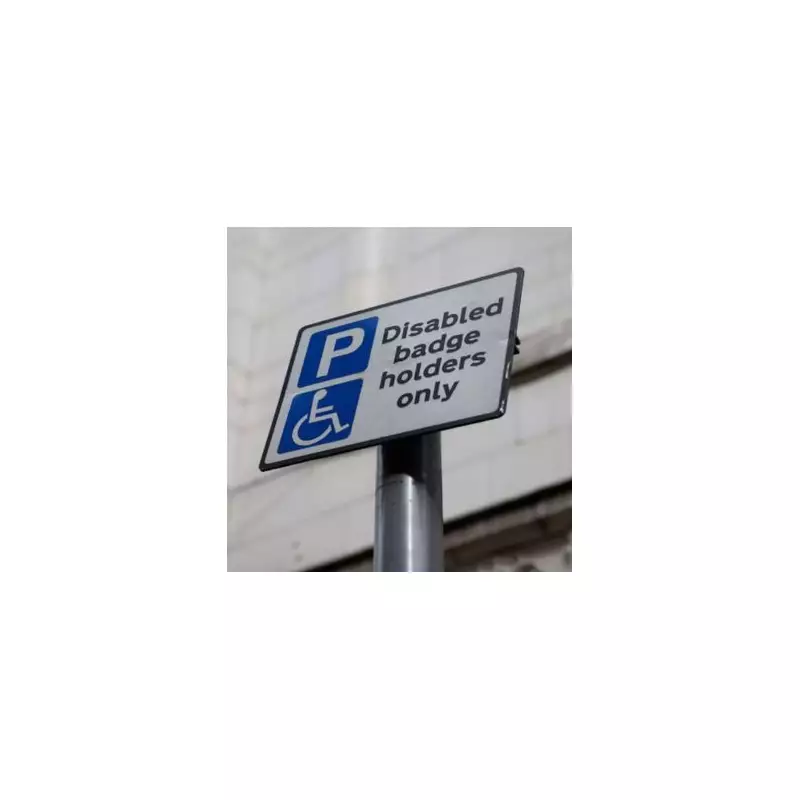
A former senior figure responsible for the Motability scheme at the Department for Work and Pensions (DWP) has broken his silence, proposing a radical four-point plan to overhaul the system. Matt Ryder, who once ran the scheme, has spoken exclusively to the I paper, urging the Labour government to enact significant changes.
Four Key Changes for Motability
Ryder's proposals come at a critical time, as Labour Chancellor Rachel Reeves prepares her Autumn Budget for November 2025. He has outlined four specific areas where the scheme must be shaken up. Firstly, he suggests the Government should end the VAT and Insurance Premium tax reliefs currently enjoyed by Motability Operations, the company that runs the leasing scheme.
"Motability could absorb that cost in a range of ways without pushing disabled people out," Ryder stated, adding that the organisation might "have to accept less profit." His second proposal involves introducing second-hand cars to the scheme. He argued that with the average age of cars on UK roads being 10 years, offering used vehicles would introduce a greater sense of fairness.
Questioning Spending and PIP Eligibility
"My issue is that we’re providing tax relief for an operation that purchases new, luxury brands," the former DWP policy expert commented. He shifted focus to the benefit that funds the scheme, stating, "I don’t think the [Motability] scheme is necessarily out of control – I think the underlying PIP benefit has gone out of control."
This leads to his third and most crucial recommendation: restricting Personal Independence Payment (PIP) eligibility. Ryder specifically highlighted the rise in mental health claims as a problem across the entire benefit system. "When it comes to mental health, the rise in claims is a problem across PIP and the benefit system. It’s definitely worth looking at as part of the PIP review," he said.
Calls for Greater Oversight and Efficiency
Despite his criticisms, Ryder was careful to clarify his intentions. "I wouldn’t want to see disabled people denied the chance to get around and have independence," he affirmed. "I just think we can do better. I don’t think it’s a good, efficient use of taxpayers money at the moment."
He also revealed frustrations from his time at the DWP, where he struggled to obtain detailed information from Motability Operations about how PIP money was being spent. "They were perfectly nice people – I didn’t feel they were deliberately obstructive," Ryder recalled. "But at an institutional level, there was just no mechanism to get data from them, to have any oversight over how they were spending benefit money." This lack of transparency underpins his final call for reform: breaking the monopoly and increasing accountability to ensure the scheme serves its users and taxpayers effectively.





